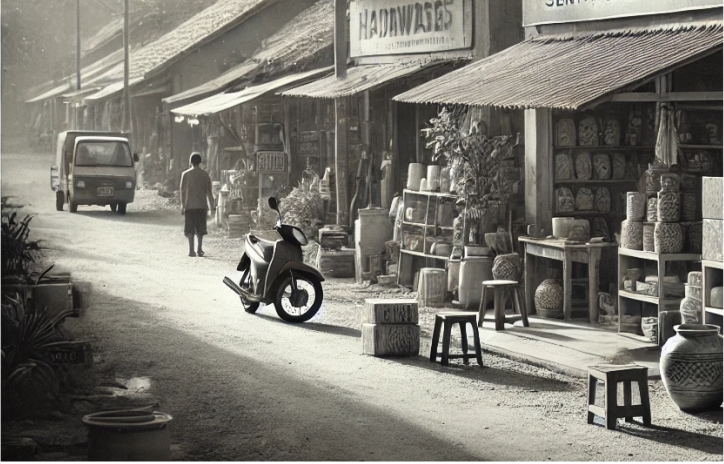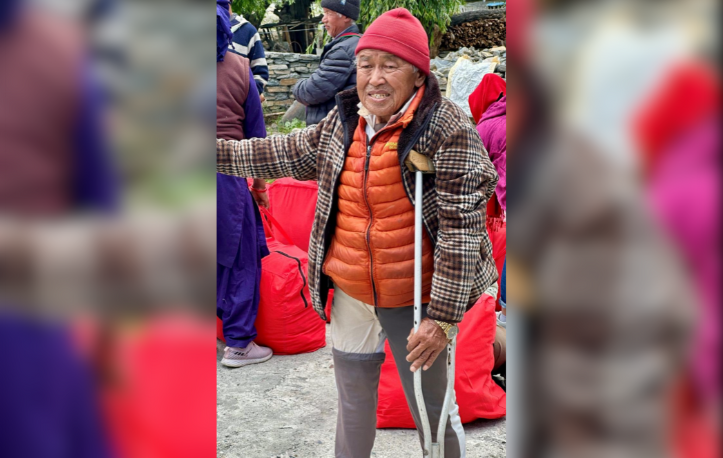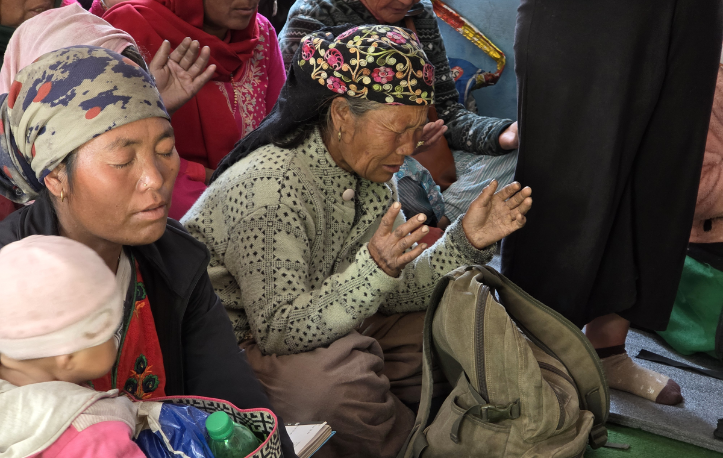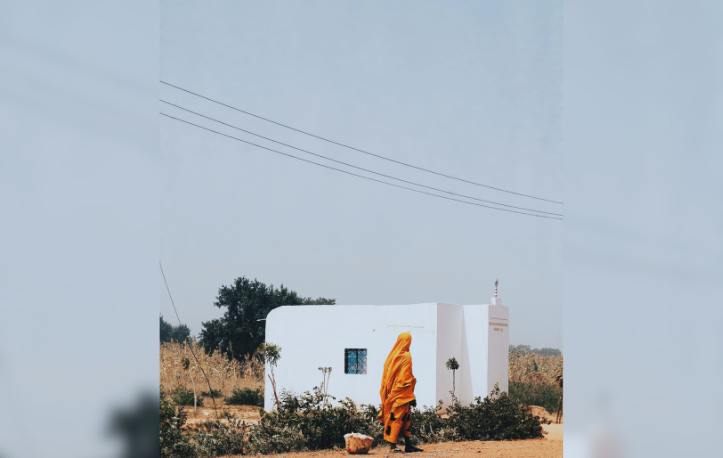It is God’s will,” Rita Arianti Kopa exhaled. “He gives life.”
Her memory flashed back to the last moments her husband, Iri- anto Kongkoli, spent on earth. The two of them and their five-year- old daughter had gone to the hardware store in Central Sulawesi, Indonesia, to buy ceramic tiles, a trip that was not uncommon for them. There was nothing extraordinary about this Monday morning, except that the two of them had come to understand the dangers involved in living out a risky faith in such a violent place.
Kongkoli and Rita had just finished bargaining and were heading back to their van when Kongkoli noticed some interesting tiles on display in the yard outside the store. He started walking toward them. It was then that two masked men approached Kongkoli and shot him in the back of the head at near point-blank range, then fled on a motorcycle.
Rita ran to her fallen husband, adrenaline and shock taking over her body in waves. As a member of the East Palu police force, Rita had been trained to respond in such an incident, but for her this incident became a crisis and soon a tragedy. Kongkoli was rushed to a nearby hospital where doctors battled to save his life, but the wounds were too severe, the blow too violent. Irianto was gone.
It had only been a short time earlier that Kongkoli had taken over as acting head of the Protestant Church in Central Sulawesi, following in the steps of Pastor Rinaldy Damanik. It was a hazardous undertaking. Damanik himself had only been released two years earlier after being imprisoned for twenty-three months on trumped-up charges.
In the late 1990s, fighting erupted in Indonesia through what Dam- anik has called “corruption and favoritism.” Commenting on this vio- lence, he said that “this is not a religious conflict. The real causes are the injustices we live with.”
It was for justice and an end to the corruption that Kongkoli fought. He offered life in the form of justice and freedom for the oppressed and victimized. He often spoke out against governing authorities who failed to properly investigate incidents of violence in the region.
He and Damanik had a passion to protect the victims of the violence, beyond the bounds of ethnicity or religion. Amazed by their love, a Muslim refugee wrote a letter stating that he had been a victim of the violence and had received aid by evacuating to one of the Crisis Centers. “Even though we differ in religion,” he stated, “their hearts…were extraordinary.”
Pastor Irianto Kongkoli bore many titles and lived out many roles: father, husband, pastor, beloved friend, defender of the oppressed, and a voice of justice for the wronged. But perhaps he will be most remem- bered as one who bore the scars and the wounds that come through suffering, the marks of love.




Submit a Prayer